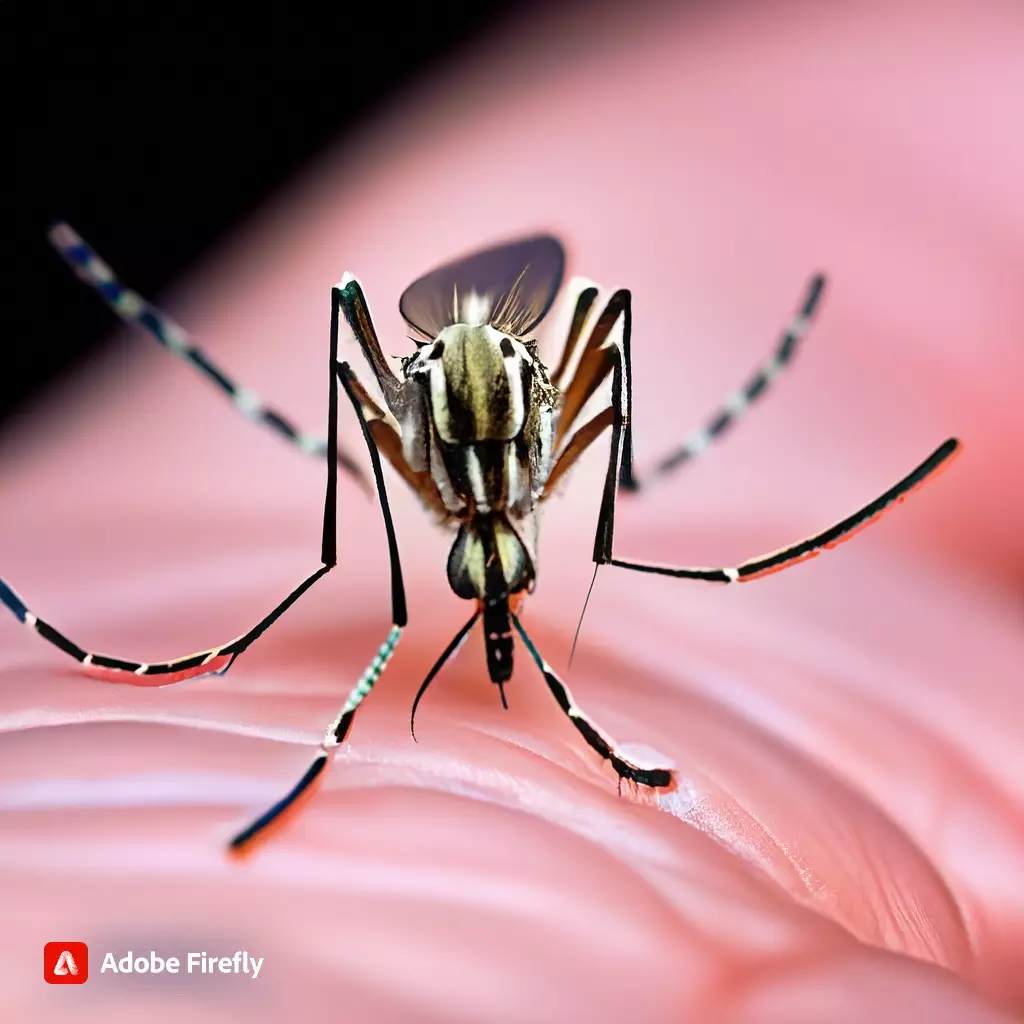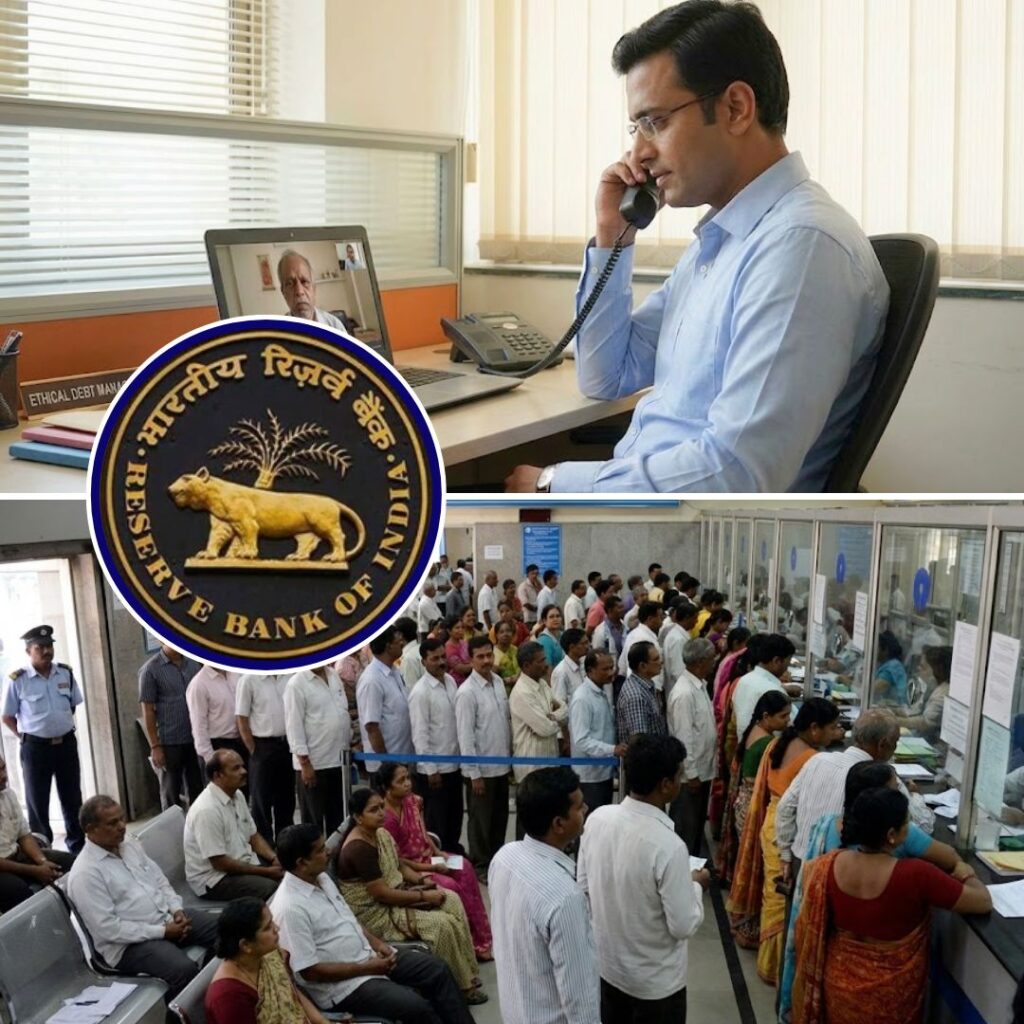Dengue fever is a mosquito-borne viral infection which spreads quickly. However, a few simple preventive measures can help control its spread to an extent. Every year, a sharp rise in dengue cases is observed during monsoon. Dengue fever starts with symptoms like fever, rash, headaches and nausea. The preventive measures for dengue mainly include steps to stop mosquito breeding and mosquito bites. Here are some of these.**
Simple prevention steps for dengue fever
1. Prevent mosquito bites
Wear full sleeved clothes and try to cover all your body parts. While sleeping, you can use a mosquito net. You can also use a mosquito repellent for better protections.
2. Keep the indoors safe
There are various factors which can contribute to indoor breeding of mosquitoes. Cleaning your house is the first and the most basic step advised to stop dengue spread. Stagnant water is the basic ground for mosquito breeding. So, do not forget to clean pots or container where water is likely to collect. Also, try not to store water for later use.
3. Keep a check on your doors and windows
Open doors and windows can directly invite mosquitoes to your house. Keep the doors and windows closed when not in use. If you have a broken window or a door, get it repaired immediately especially during dengue outbreak.
4. Know the symptoms
Early detection and treatment can help you fight the condition effectively. High fever, sharp headache, vomiting, pain behind the eyes, pain in muscles and joints and body rashes are some of the common symptoms.
5. Protect your children from mosquitoes
Children spend maximum time outdoors and are more exposed to mosquitoes. Therefore, make your child wear full sleeved clothes and also apply a mosquito repellent. Also, indoor games are better than outdoors during an outbreak.
– Avoid wearing short sleeves or shorts in the morning or evening hours, when you venture out. It is easy for them to contract the disease.
– Prevent the collection of water at homes in tyres, buckets and coolers. The dengue mosquito breeds in stagnant water and can easily infect people. Water should be emptied on a daily basis so that the mosquito does not breed.
– One has to be very careful that monsoon is the season where dengue cases increase. Prevention is better than treatment of this virus.
– Eliminate breeding sites: The Aedes mosquitoes that transmit dengue breed in stagnant water. Regularly check and eliminate any standing water around your home, such as in flower pots, discarded containers, and gutters. Do not allow water to stagnate in or around the household.
– Regular screening of the house – Regular screenings by local authorities, building associations and on your own is a must to remain vigilant and present any breeding spots from being missed out.
– Use mosquito nets and screens: Sleep under mosquito nets, especially during daytime when Aedes mosquitoes are most active. Use window and door screens to prevent mosquitoes from entering your home.
– Wear protective clothing: When outdoors, wear long-sleeved shirts, long pants, socks, and shoes to minimize exposure to mosquitoes. Light-colored clothing can also help as mosquitoes are attracted to dark colors.
– Use mosquito repellents: Apply mosquito repellents on exposed skin and clothing. Look for products containing DEET, picaridin, or oil of lemon eucalyptus. Follow the instructions on the label.
– Keep your environment clean: Maintain good hygiene and cleanliness in and around your home. Trim bushes and shrubs, and keep grass short to reduce mosquito resting areas.
– Keep the house and surrounding areas airy and well lit: Mosquitoes usually breed in dark places. Dimly lit areas and neglected spots harbour mosquitoes and may be overseen during sanitation checks which causes pooling of water and a fertile ground for larvae to grow.
– Avoid peak mosquito activity: Aedes mosquitoes are most active during early morning and late afternoon. If possible, stay indoors during these times.
– Avoid smells that attract mosquitoes: Growing lemongrass, eucalyptus and peppermint around the house will aid in fending off mosquitoes.
– Promote community action: Work together with your neighbors to eliminate breeding sites in your community. Mosquitoes can travel short distances, so collective efforts are important.
– Support vector control measures: Cooperate with local health authorities and their efforts to control mosquito populations through fogging, spraying, and larvicidal treatments.
– Stay informed: Stay updated on dengue-related information from local health authorities and government agencies. Follow their recommendations for prevention and control.
– Seek medical attention: If you experience symptoms such as high fever, severe headache, joint and muscle pain, rash, or bleeding, seek medical attention promptly. Early diagnosis and proper medical care are essential for managing dengue.
Emphasizing the importance of collective efforts, the health expert urged everyone to actively engage in dengue prevention by adopting these measures and inspiring others within the community. Through united action, we can significantly diminish the spread of dengue and safeguard the well-being of our neighborhoods.
Also Read: Childhood Trauma Awareness: What You Should Be Informed About
https://thelogicalindian.com/h-upload/2023/10/10/500x300_233836-firefly-a-mosquito-88997.webp
Trending
2023-10-12 05:55:27.0
Dengue Fever Outbreak: Protecting Your Health with Top Prevention Tips












